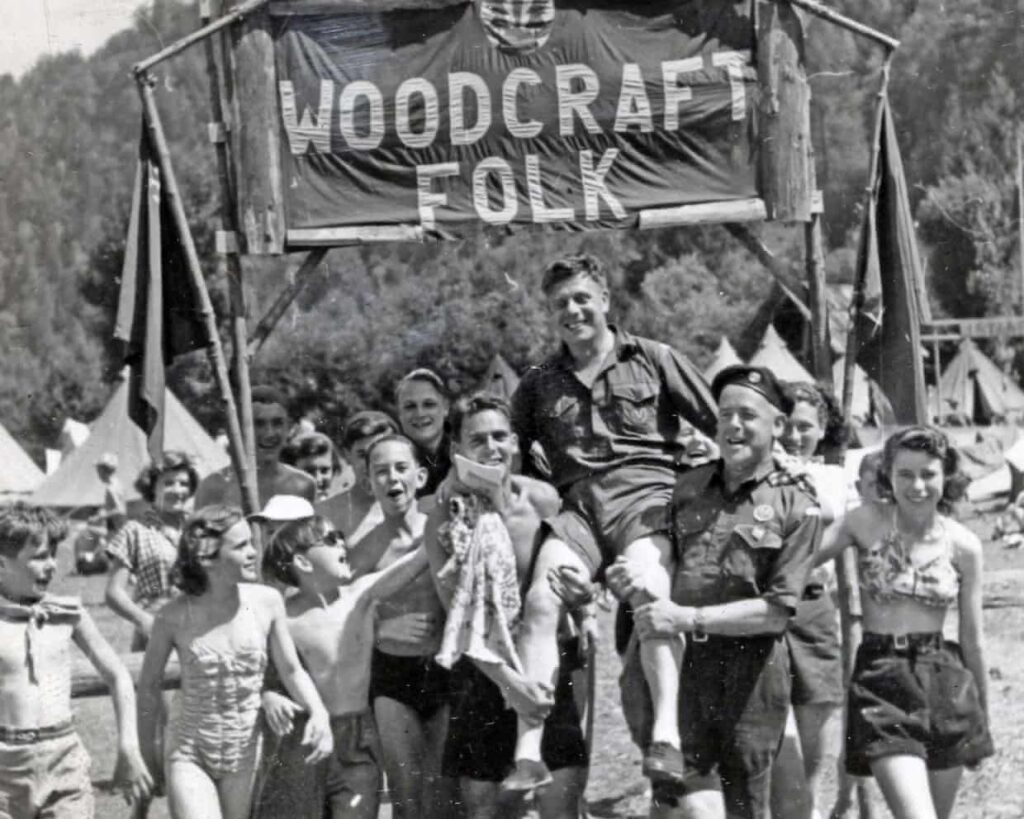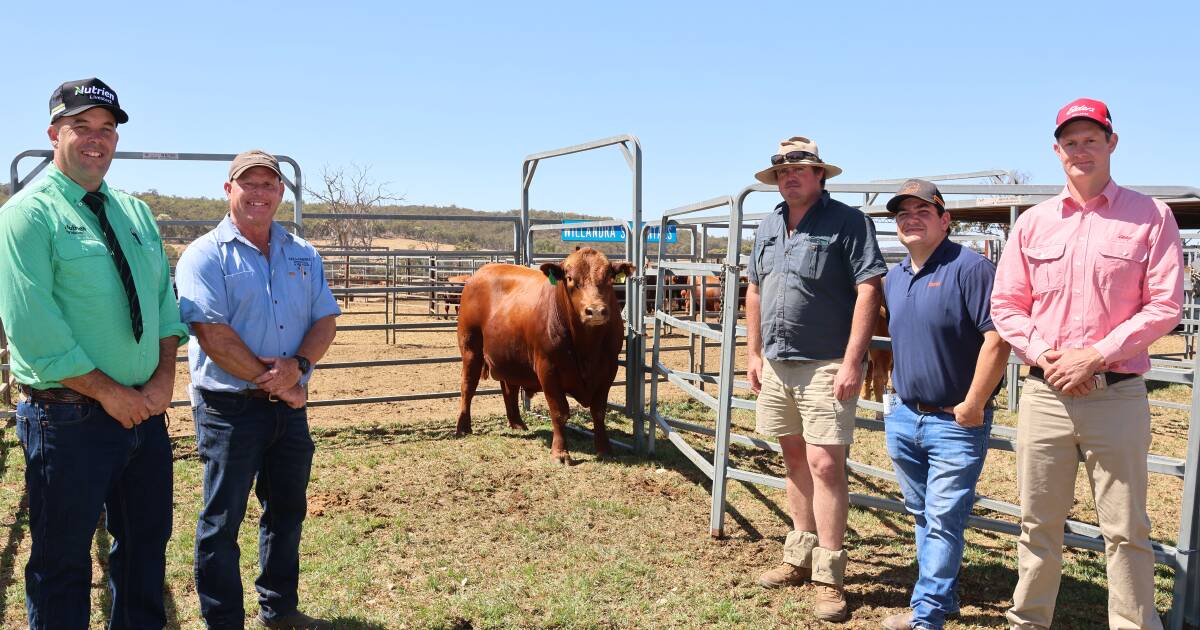
BREAKING: The Woodcraft Folk, the UK’s oldest co-educational youth movement, celebrates its 100th anniversary this year, emphasizing its vital role in youth empowerment and social justice. With the UK government recently announcing £88 million to enhance youth services, the timing couldn’t be more critical for examining the organization’s legacy and its potential solutions for today’s youth challenges.
Founded in 1923, Woodcraft Folk has significantly influenced many prominent figures, including Jeremy Corbyn, Sophie Ellis-Bextor, and Michael Rosen. As society grapples with the pressures facing young people—from digital addiction to societal exclusion—Woodcraft Folk’s model of community, political education, and outdoor activities stands as a beacon of hope.
The challenges young people face today are daunting. Many are deprived of outdoor play and subjected to scrutiny from authorities, all while navigating an overwhelming digital landscape. These issues are compounded by the UK’s Online Safety Act, which imposes restrictions on young people’s access to vital information, including political discourse.
In contrast, Woodcraft Folk promotes open dialogue about difficult subjects, creating a safe space for children to engage with complex issues like war, politics, and social justice. Former MP Lloyd Russell-Moyle, who grew up in the organization, reflects on its impact: “Woodcraft Folk isn’t just about education; it’s about creating a generation of informed, active citizens.”
As the charity hosts events to celebrate its centenary, participants are engaging in activities that blend political discourse with traditional fun. Workshops on eviction resistance run alongside night-time orienteering, reinforcing the idea that education and enjoyment can coexist. Unlike conventional youth organizations, the Woodcraft Folk songbook features civil rights anthems, teaching children about history through music and activism.
Yet, despite its proven record, the current government’s approach seems misaligned with the needs of today’s youth. While Prime Minister Keir Starmer acknowledges that young people are “detached from the real world,” the government’s funding focuses on outdated initiatives rather than innovative solutions. This contradiction raises questions about the true commitment to empowering youth.
Woodcraft Folk has consistently championed the rights of marginalized communities, from supporting the Kindertransport during World War II to advocating for queer youth rights today. Its history of activism highlights the importance of equipping young people with the skills necessary to navigate an increasingly complex world.
For individuals like Phineas Harper, who attributes much of his success to his time with Woodcraft Folk, the organization represents more than just a childhood experience; it’s a transformative journey. “I learned to embrace big challenges and form lifelong friendships,” he states. “The skills I gained have enriched my life immeasurably.”
As the Woodcraft Folk prepares for its next century, it calls on the government to recognize its contributions and adopt a more holistic approach to youth empowerment. The need for a structured environment where young people can learn, grow, and actively participate in society has never been more urgent.
With the centenary celebrations underway, the Woodcraft Folk stands poised to continue its mission of fostering a more equitable and engaged youth. The organization is a testament to the idea that investing in young people is essential for building a better future. As they set their sights on the next 100 years, the call is clear: it is time for the government to take note and learn from the success of the Woodcraft Folk.






